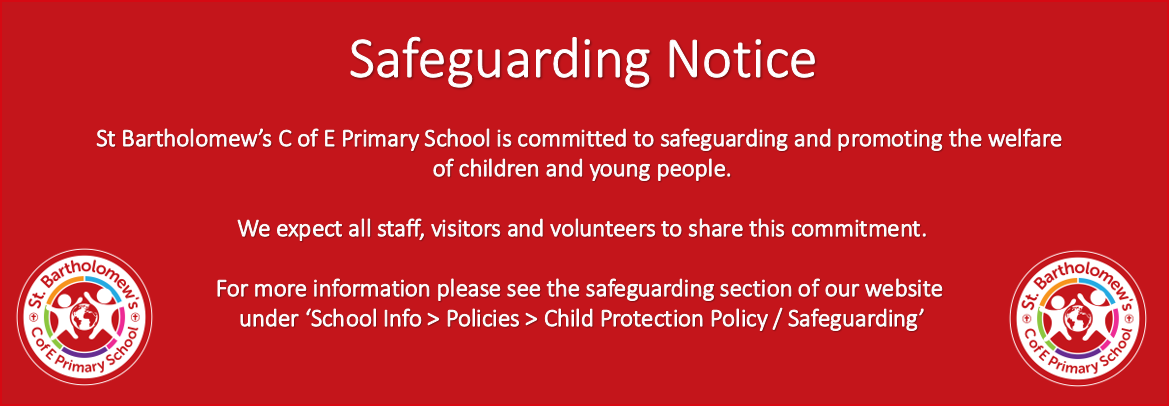7 May 2024
.png)
Cases of whooping cough (also known as pertussis) are continuing to rise.
Whooping cough is an infection that affects the lungs and airways. It starts with symptoms similar to a cold, with a runny nose and mild fever, and a cough develops about a week later. The cough can be intense, and attacks of coughing can last for several minutes. Often people make a distinctive ‘whooping’ sound as they gasp for breath during coughs.
The whooping cough vaccination
The pertussis vaccination protects against whooping cough, this is delivered by the NHS free of charge as part of the routine vaccination schedule. The vaccine is offered to:
- Pregnant women ideally between 20-32 weeks or pregnancy (this helps to protect unborn babies in the womb and in their first months of life before they become eligible for their own vaccination). If you are pregnant and have not been vaccinated contact your GP to enquire about the pertussis vaccination
- Babies at 8 weeks, 12 weeks and 16 weeks. Offered as part of the routine 6 in 1 vaccine
- Preschool children. Offered at 3 years 4 months as part of the preschool booster vaccination.
- Check your child is up to date with their pertussis vaccination by checking their ‘Red Book’ or contacting their GP. Your child’s GP will arrange an appointment to catch up on any missed vaccinations.
What to do if you think your child has whooping cough
If you think your child has whooping cough you should:
- Contact your GP or ring 111. Make sure you call ahead before visiting the surgery.
- Call 999 or go to hospital if your child is finding it hard to breathe, has chest pains, turns blue or grey around their lips, tongue, or face or is having seizures (fits).
- Keep them home. They should not attend educational settings until 48 hours after starting antibiotics, or 3 weeks after symptoms started if they have not had antibiotics.
For more information on whooping cough visit Whooping cough - NHS
